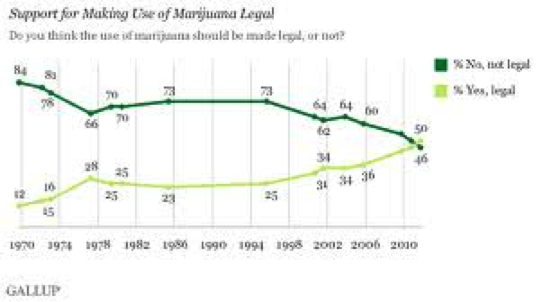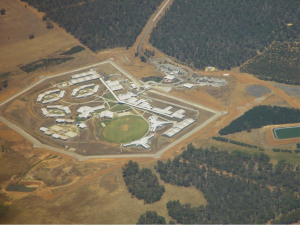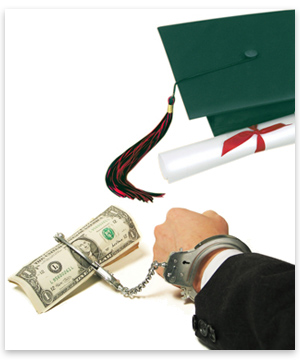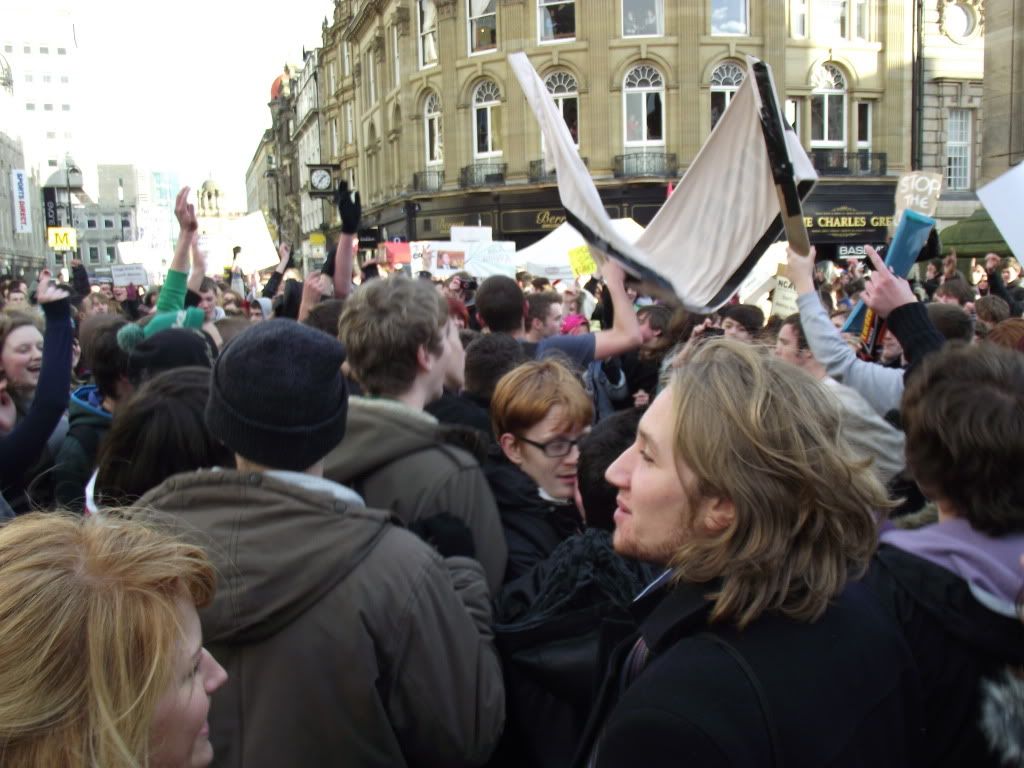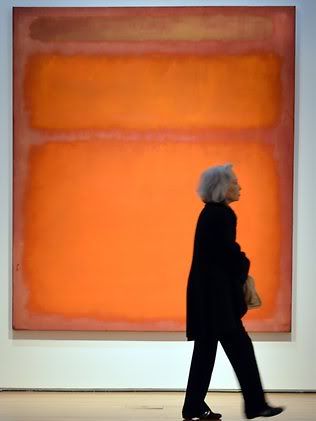The heat is on, literally, and quite frankly I can’t stand it. That’s why it took me a while to write this column without making use of the overused four-letter word on a repeated basis. I feel quite calm at the moment so I’m giving it a try. Anyway, the saving grace is that I’m not short of material to write about this week.
Political Oops of the Week
This week it’s all about the sport of football, and that’s not just because the European Championships are already upon us. We all know that Sepp Blatter is one of the most corrupt individuals in the world. I’m not going to act like a corrupt official is anything new, but what is shocking is just how corrupt and how biased he is. At least world governments try to hide it to some degree.
This week Sepp Blatter came out and said this: “Football can be a tragedy when you go to penalty kicks… Football should not go to one to one. When it goes to penalty kicks football loses its essence.” Fair enough, he’s voicing his opinion. But he lacks consistency as he said this about the World Cup in 2010: “If there is no winner at the end of 90 minutes of play, we would proceed directly to penalty kicks.”
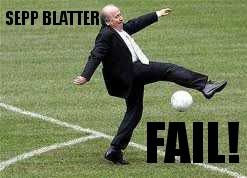
And what’s more, he made things even worse by appointing a team headed by Franz Beckenbauer to come up with an alternative. Yes, that same figure who’s also the honorary president of Bayern Munich. The same team that just lost on penalties to the Premier League team that finished in sixth. Sometimes I wish that he would just come out and say that he hates English teams.
We can even go back to the decision to hold the 2018 World Cup in Russia. That was a good decision to hold it in one of the most racist countries in the world. Just look at the European Championships, only 3,000 England fans are travelling and some of the players have even told their relatives to stay at home due to their fears of racist attacks.
The Painful…
This week it’s the sun, that dodgy English summer. This is going to be quite controversial as many people seem to love the sun, but why is this such big news? Every year the news is filled with comparisons to other hot countries to show how we are hotter than them. I’m sure those in paradise are wishing that they were surrounded by a group of topless chavs in Swindon because of a slightly overcast day. And that brings me to my next point. What is it with British people and taking their shirts off when the weather turns like this? It’s made even worse as it’s always the fatties and the drug addicts who have to do it.
I can already hear your silent protests that our English summer allows you to have fun outside. Yes, it does allow you to have fun outside, but have you ever tried sleeping at night in this heat? You could sleep in a museum exhibition named ‘The Arctic Wasteland’ and you would still be watching as your testicles dissolve into a gloopy mess. This lack of sleep leads people to becoming hot and bothered, before they finally snap and everyone is praying that the rain and the clouds will come. It happens every year, and quite frankly I’m tired of it.

…And the Pointless
This week a Doncaster vicar came under investigation because he apparently used bad language on Facebook! Oh no! The sad thing is that some sad parasite actually reported him to…well everybody. They sent messages to the Bishop of Sheffield, the Bishop of Doncaster, the Right Reverend Peter Burrows, and a whole host of other figures. Of course, this coward decided to remain anonymous so everybody else wouldn’t know how much of a stain on the underwear of society they really are.
This actually made the news as well. What shocks me is how some people are so out of touch that they think that vicars don’t swear and vicars are beacons of morality when they are away from work. We all do it, your mother does it, you do it, David Cameron does it, and, evidently, he does it. The fact that this was made into a major issue just goes to show that either the news is getting boring or more and more people need to find a surgeon to get those metal rods out of their rectal tunnels. I just hope this Doncaster vicar walks free.
The So Outrageous That It’s Borderline Hilarious
The Highland Council’s Independent Group is concerned about low voter turnouts in the recent council elections. That’s understandable, I mean recent years have shown that it doesn’t matter if the people don’t like something because it will happen anyway. It sort of makes voting a little pointless, does it not? But it’s also important to mention that Scottish councils use the Single Transferable Vote (STV) system. This basically means that voters rank the candidates in their order of preference. Pretty simple, right?
Not according to this group who are claiming that people didn’t vote because the system is too complicated. Strangely enough, this was supposedly one of the reasons why people voted against the Alternative Voting system last year. But what strikes me is how can people find STV complicated? How can people be so stupid that they don’t understand such a basic system?
I would be spending less time complaining about the amount of people voting and more time complaining about a dire education system, if this is true. Of course, it could be just because people are disillusioned with politics, but if it’s true then George Bush would be considered a frickin’ genius if he lived in this country.
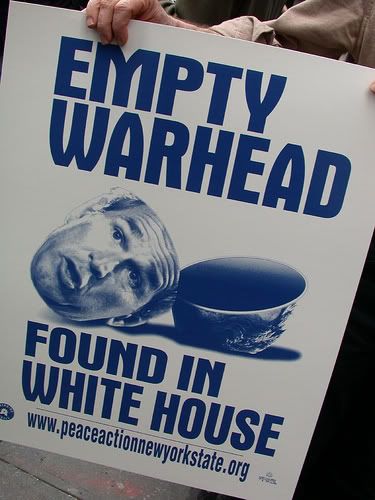
So maybe next week won’t be so bleak and irritating after all…


